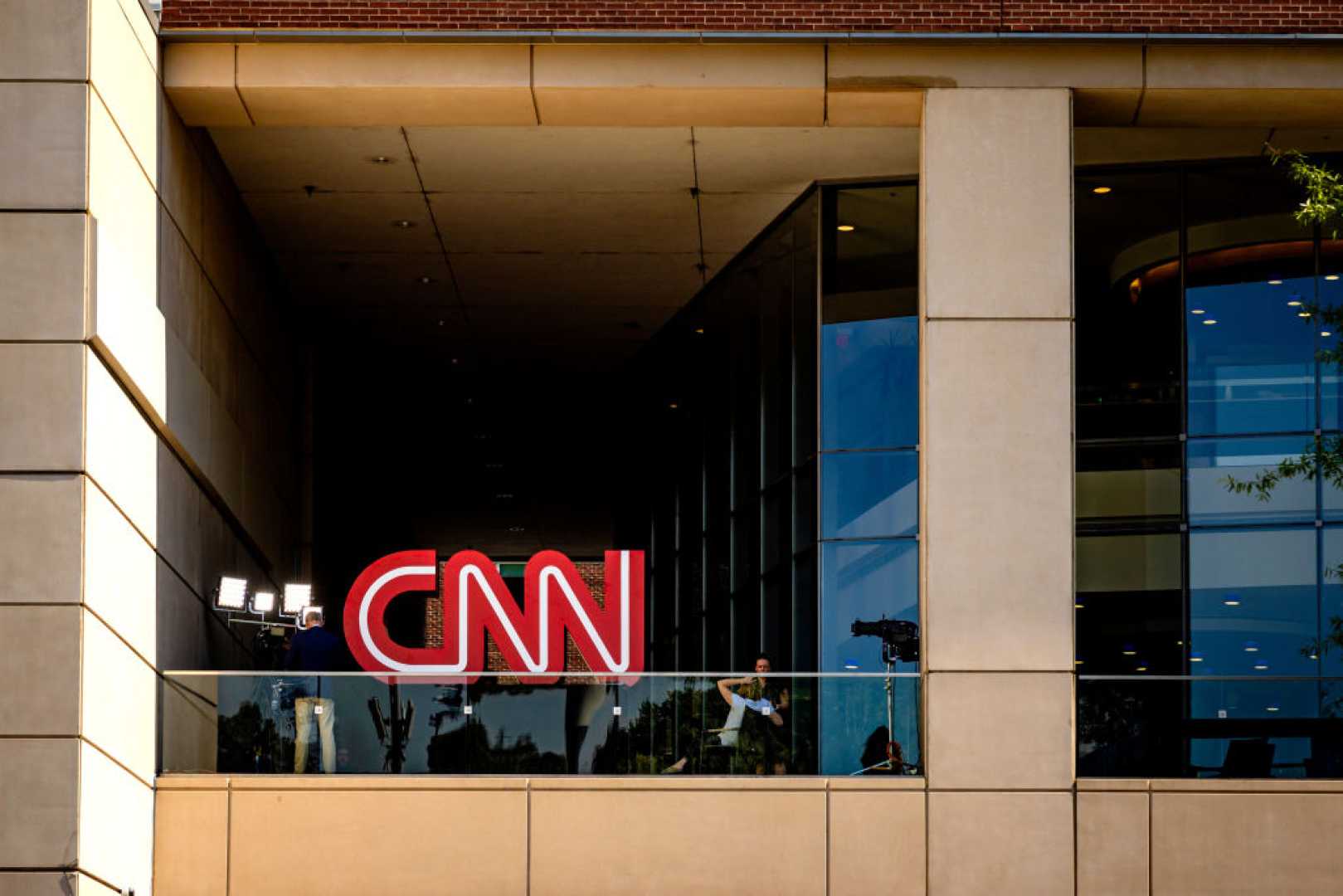Business
CNN and Reuters Implement Digital Paywalls for Online Content

CNN, a global leader in news reporting, has announced plans to introduce a digital paywall, charging frequent users in the United States $3.99 per month to access its full suite of online content. This move marks a significant shift as the organization seeks additional revenue streams to support its expansive journalism endeavors.
Alex MacCallum, CNN’s executive vice president of digital products and services, addressed the change in an internal memo, stating, “Starting today, we are asking users in the United States to pay a small recurring fee for unlimited access to CNN.com’s world-class articles.” According to MacCallum, users who regularly visit the site but read only a few articles each month will not be immediately affected by the paywall. Those accessing a larger number of articles will be prompted to subscribe, gaining benefits such as access to exclusive election features, documentaries, and a daily curated selection of distinctive journalism, alongside reduced digital ads.
The introduction of this subscription model follows similar strategies seen at other major publications, including The New York Times, where Mark Thompson, CNN’s chairman and chief executive, previously spearheaded a successful digital subscription strategy. In a previous memo, Thompson emphasized the need for “subscription-ready products” to provide critical news and analyses in innovative formats.
Simultaneously, Reuters, the world’s largest international multimedia news agency, has also announced a paywall implementation, priced at $1 per week for global access to its website and app. The company’s president, Paul Bascobert, stated, “This new subscription plan ensures Reuters can expand the reach of its award-winning coverage at an affordable price, while allowing us to further invest in our reporting and products for subscribers.” Initially launching in Canada, Reuters plans to extend this model throughout Europe and the United States, with the promise of transparent pricing absent of any introductory offers or unforeseen increases.
The shift towards paid digital content by both CNN and Reuters reflects broader industry trends, as news organizations grapple with changing models of content consumption and falling revenues from traditional media outlets. According to research by the Reuters Institute for the Study of Journalism, only one in five American consumers presently pays for online news, highlighting both the potential and challenge of expanding subscriber bases.
Greg Piechota from the International News Media Association commented on the industry’s growth potential, noting that the “subscription ceiling” for online news remains high, with many news brands yet to fully capitalize on this market.
CNN’s prior attempt to launch a subscription service, CNN+, faltered shortly after its inception in 2022, largely due to strategic realignments following the acquisition by Warner Bros. Discovery. The current subscription initiative seeks to leverage core offerings while retaining free access to select content, including breaking news and sponsored articles.












